From the editors of Vanity Fair
Each year, Bill Gates picks a handful of books that he enjoyed reading, reviews them, and suggests you do the same. This year, the philanthropist tried to stay away from financial tomes and historical narratives (last year’s list includedStress Test by Timothy Geithner and Doris Kearns Goodwin’s examination of presidential power) in favor of lighter fare.
VF.com and Gates Notes, the Microsoft co-founder’s blog, teamed up to exclusively debut this year’s list. While Gates may have opted for more seasonal reading material this time around, rest assured that this year’s books are still engaging.

“Last year, there was only one book on my summer reading list that you could reasonably call a beach read,” Gates writes. “This year I tried to pick a few more things that are on the lighter side. Each of these books made me think or laugh or, in some cases, do both. I hope you find something to your liking here.”
The seven books on Gates’s list are as follows. More information and Gates’s reviews are available on Gates Notes:
Hyperbole and a Half: Unfortunate Situations, Flawed Coping Mechanisms, Mayhem, and Other Things that Happened, by Allie Brosh
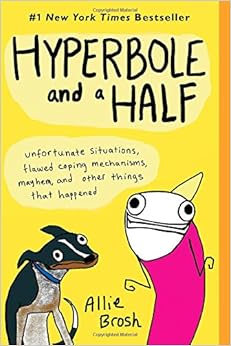
“The book, based on Brosh’s wildly popular Web site, consists of brief vignettes and comic drawings about her young life,” Gates writes. “You will rip through it in three hours, tops. But you’ll wish it went on longer, because it’s funny and smart as hell.”
The Magic of Reality: How We Know What’s Really True, by Richard Dawkins

“Dawkins, an evolutionary biologist at Oxford, has a gift for making science enjoyable,” Gates writes. “Dawkins’s antagonistic (and, to me, overzealous) view of religion has earned him a lot of angry critics, but I consider him to be one of the great scientific writer/explainers of all time.”
What If?, by Randall Munroe
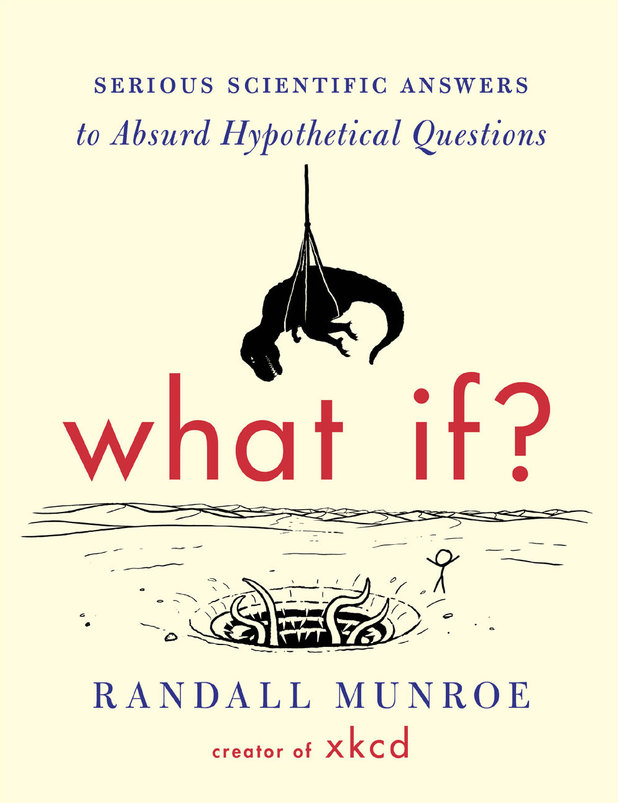
“People write Munroe with questions that range over all fields of science: physics, chemistry, biology,” writes Gates. “Questions like, ‘From what height would you need to drop a steak for it to be cooked when it hit the ground?’ (The answer, it turns out, is ‘high enough that it would disintegrate before it hit the ground.’) Munroe’s explanations are funny, but the science underpinning his answers is very accurate.”
XKCD, by Randall Munroe
“It’s that kind of humor, which not everybody loves, but I do,” Gates writes of Munroe’s sometimes macabre view of the world.
How to Lie with Statistics, by Darrell Huff
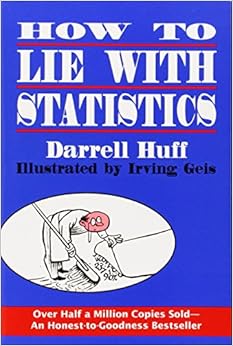
“I enjoyed [this book] so much that it was one of a handful of books I recommended to everyone at TED this year,” Gates writes. “It was first published in 1954, but aside from a few anachronistic examples (it has been a long time since bread cost 5 cents a loaf in the United States), it doesn’t feel dated.”
Should We Eat Meat?, by Vaclav Smil

“Smil takes his usual clear-eyed view of the whole landscape, from meat’s role in human evolution to hard questions about animal cruelty,” Gates writes. “While it would be great if people wanted to eat less meat, I don’t think we can expect large numbers of people to make drastic reductions. I’m betting on innovation, including higher agricultural productivity and the development of meat substitutes, to help the world meet its need for meat.”
On Immunity, by Eula Biss
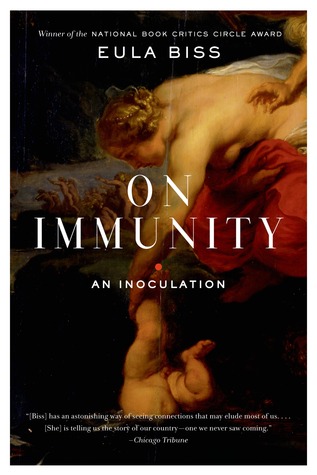
“When I stumbled across this book on the Internet, I thought it might be a worthwhile read,” Gates writes. “I had no idea what a pleasure reading it would be. Biss, an essayist and university lecturer, examines what lies behind people’s fears of vaccinating their children.”
In-depth reviews of a number of the books and more information can be found on Gates Notes.

Courtesy of Gates Notes

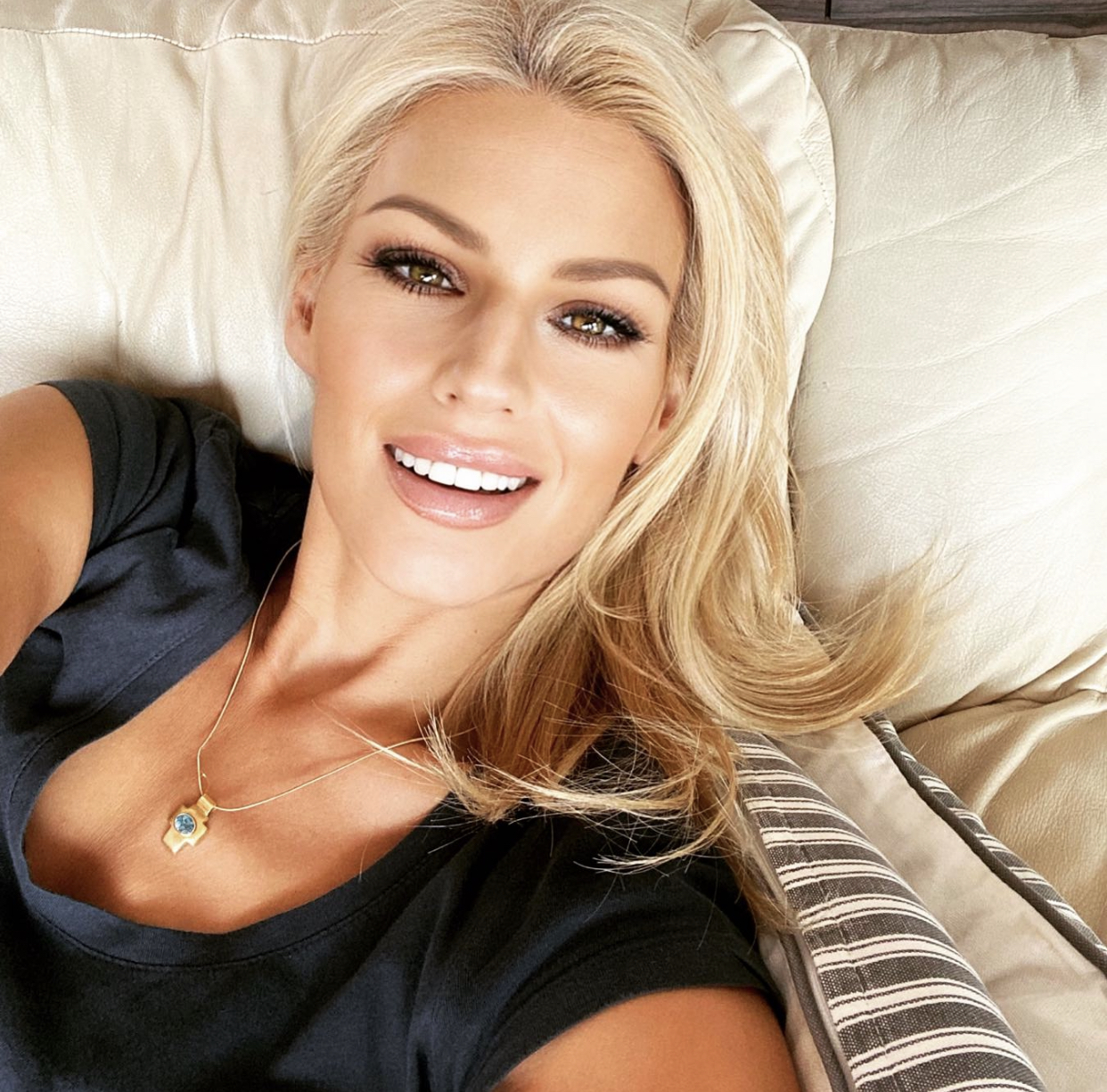




No Comments